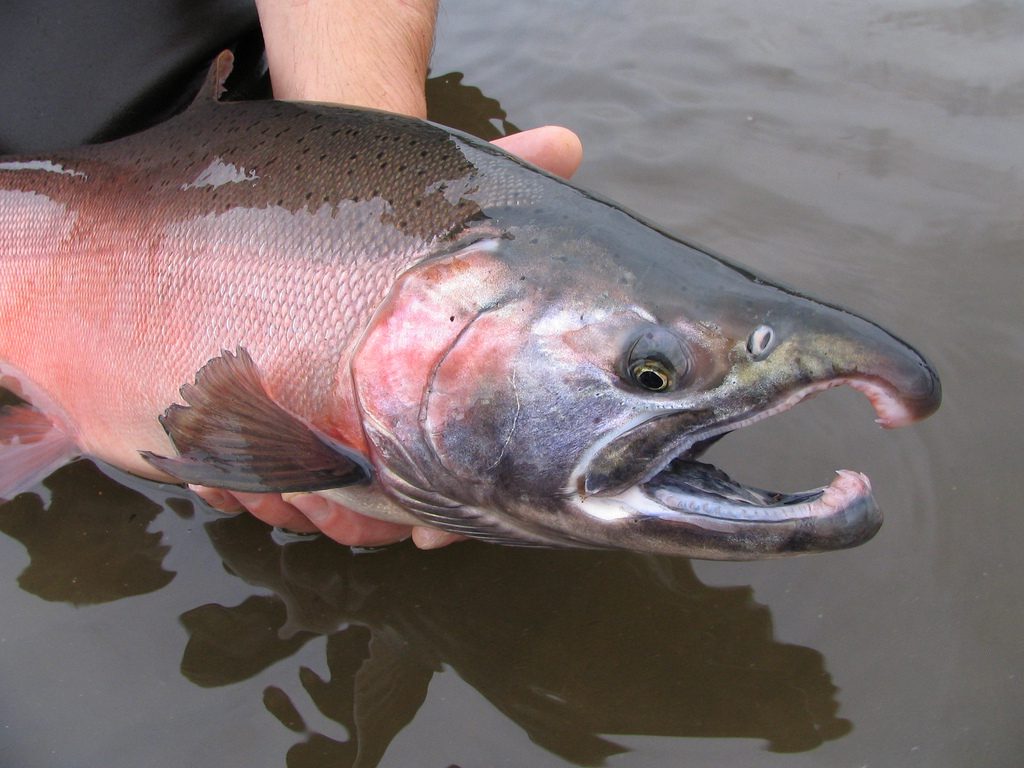A recent water shortage in Unalakleet put a strain on some businesses, including Norton Sound Seafood Products, but ultimately it was a surge of cohos that forced the processing plant to send more than $100,000 of fish down to Emmonak.
On August 4th the city reported that water levels in their 22-foot tank had dropped down to just 3 ½ feet. While most were unphased, as this is not the first time the city’s water levels have dropped below normal, some locals and businesses entered into conservation mode just in case.
Workers at one of the city’s restaurants say they’ve started using paper plates and plastic cutlery to cut down on water usage, but otherwise haven’t been inconvenienced.
Norton Sound Seafood Products, one of Unalakleet’s largest employers, also made a few changes to their daily operations. The processing plant, which generally operates two 12-hour shifts per day, running 24 hours a day, cut their time in half upon hearing of the low water levels.
Frank Doty, program manager at Norton Sound in Unalakleet, says the plant is doing what it needs to survive despite the tank’s low levels, and says that, “it’s not that bad.” Middy Johnson, Norton Sound’s operations manager in Unalakleet and also the city’s mayor, shared a similar sentiment. While the plant temporarily halted its overnight shifts, Johnson said it was only a few short days before the tank reached a more comfortable level and they were back up and running at full capacity.
A more pressing issue came days later when a surge of coho inundated the processing plant. Every season for the past five years, Johnson has had to eventually send a shipment of fish out to be processed in Anchorage. This year, when the Unalakleet plant could no longer handle the influx of fish, Johnson decided to keep the revenue closer to home.
“That could mean a difference of $150,000 going into a region in a day if we shut down,” Johnson said, “so we have to find a way to keep things going at times and sometimes, yes, it does mean that we have to do something else with the fish than process it in Unalakleet.”
Keeping those revenues in the region meant contacting Jack Schultheis, the General Manager of Kwik’Pak, a fish processing plant in Emmonak.
“Regionally the people in western Alaska worked well together and that’s a good thing, you know, to be that cooperative,” Schultheis said.
Schultheis said it was “the luck of timing,” as there has been a lull in commercial fishing around Emmonak. Kwik’Pak employs over 100 people from 16 nearby villages, so the influx of fish was a welcomed relief to the region.
Back in Unalakleet, Johnson is pleased that the revenue is staying closer to home. “It’s been a pretty successful year,” Johnson said, “it’s good to see all that going into our region for the economy.”
Unalakleet is on track to have one of the best silver salmon runs in the fishery’s history, though the city’s water tank has surely seen better days.







